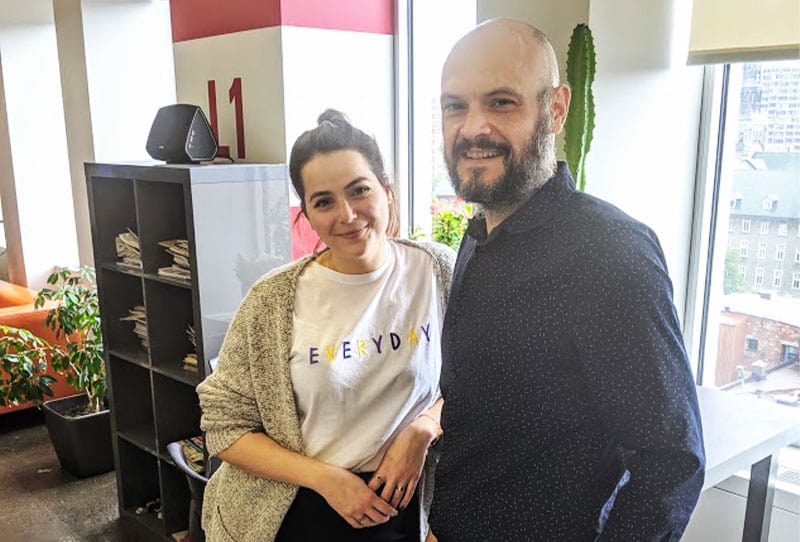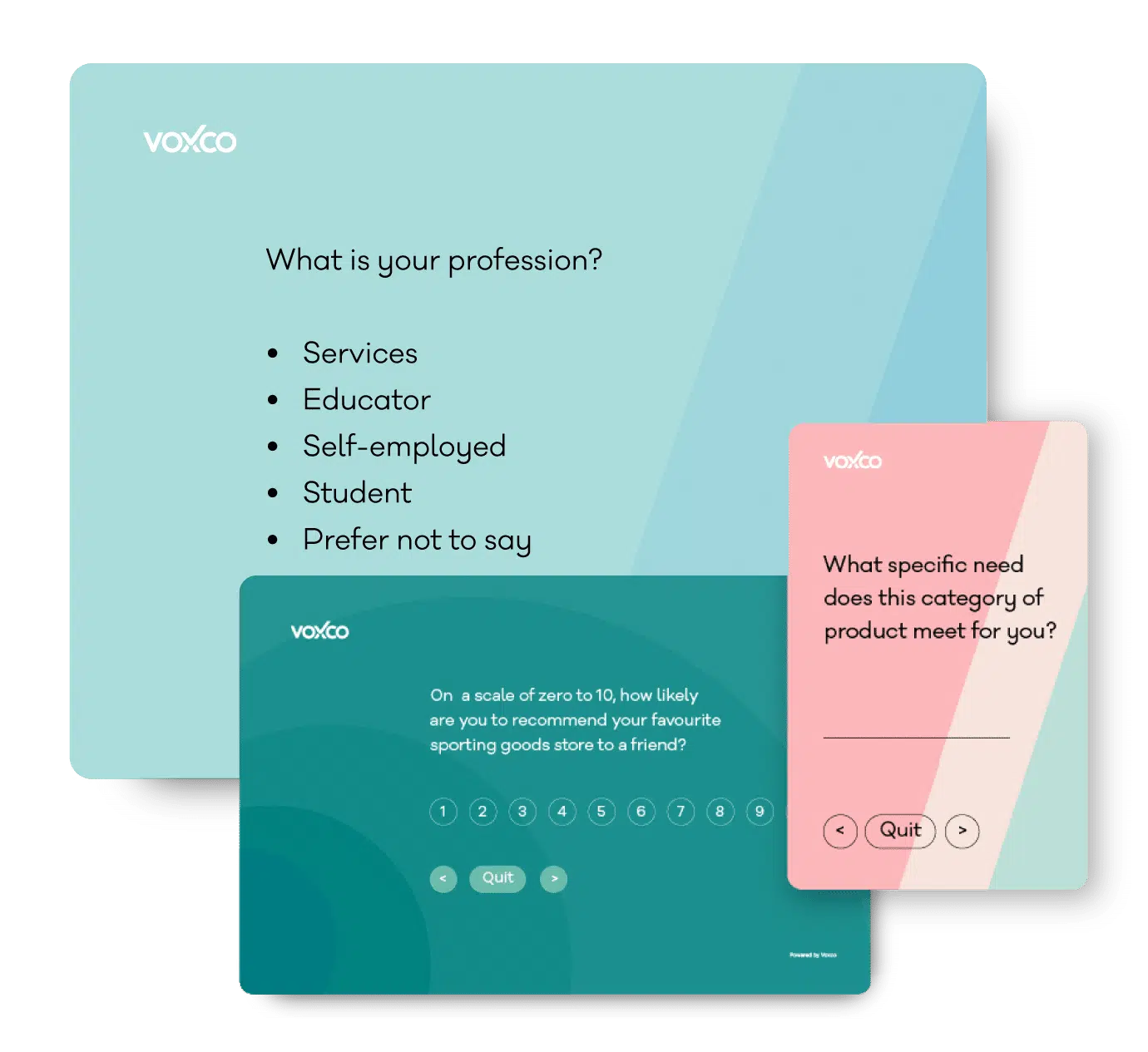The ebbs and flows in business can often cause a fluctuation in the demand for research.
This applies to many different industries, in both public and private sectors. As a result of this, it can be hard to staff for positions directly related to your research, like survey programmers or data processors.
That’s where our colleague Phil often comes in. Of course, the context at which an organization may work with professional services may be different than the one mentioned above. Therein lies the beauty of working with professional services, the inherent flexibility!
Because his work is often in a state of flux, we thought it would be interesting to sit down with him and learn more about his day-to-day.
Keep reading for the inside scoop on his work!

Can you talk about what a typical day looks like for you – what kind of projects are you working on?
I have many clients that send me questionnaires for evaluation. We’re looking at the logic and complexity required to give them an estimation of how long and what the work would entail. It helps them to parse out their budget and timeline for the studies accordingly. We know timelines are incredibly important for researchers because the end client expects reports and insights in a timely manner.
Should a project require custom programming, we need to plan for that as well. I also work with technical support for web and scripting purposes if a client needs help.
Can you highlight a few interesting projects you’ve worked on recently?
One of our clients is doing patient experience phone surveys, i.e. patient satisfaction, outpatient follow ups, etc. We used robust logic because we wanted to make it possible to change the wording of the questionnaire based on whether the respondent was the patient themselves or if it was a family member. The survey was also offered in English and Spanish!
I also work with a lot of government clients, for things ranging from look-and-feel, survey programming, face-to-face surveys to complex data analysis.
Because you’re a pro in the space, can you give us a quick tip for researchers doing phone surveys?
Typically, for phone surveys, there is a requirement to have a lot of interviewer instructions that need to be included on screen, along with the question. The general rule of thumb is that the interviewer should not assume anything.
So, my tip is to be mindful of how the interviewer instructions are represented on the screen with the questions – different colors, weights, fonts. Make it easy for the interviewer to differentiate.
What about for researchers doing online surveys?
Do not try to put too many questions on the same page because respondents may lose interest. We want to drive our response rates, so one of the ways to do that is to progressively ask questions using page breaks. Page breaks are your friends!
And don’t forget that there isn’t an interviewer there to ease them along the process, so you have to make sure you’re doing it with good design and usability in mind.
What is one of the most common mistakes you see being made by those programming & conducting surveys?
Underestimating the time required to program a survey. Timelines in research are critical, so we need to ensure that we have ample time to plan the execution of programming.
And don’t go live without testing! I covered this topic in my recent blog post about soft launching.
Lastly, on-the-fly changes while the survey is live are tempting in order to fix a bug or squeeze some last-minute data out of a study, but sometimes surveys are fragile – proceed with caution.
The industry has changed so much in the past few years, can you name a shift that’s really surprised you?
I’ve been in this industry for over 20 years! I actually remember the skepticism surrounding web surveys! In the beginning, no one knew how to program web surveys, but of course, the tools have evolved. It’s surprising how easy it has become to program a survey, someone without any knowledge of web survey can do them without any issue!
I think Mobile Offline (CAPI) technology is so interesting, you can go remote without connection and save the data, run very complex surveys and speak with hard-to-reach populations with ease.
When you’re off-duty, what do you do in your spare time?
I’m preparing for a half marathon in the coming weeks and I’m an avid yogi. I love to travel and learn new languages. I’ve been doing German for about a year and now I’m starting Spanish. I’m also a huge fan of Opera and I travel a lot catch the best shows!
Read more




 English
English
